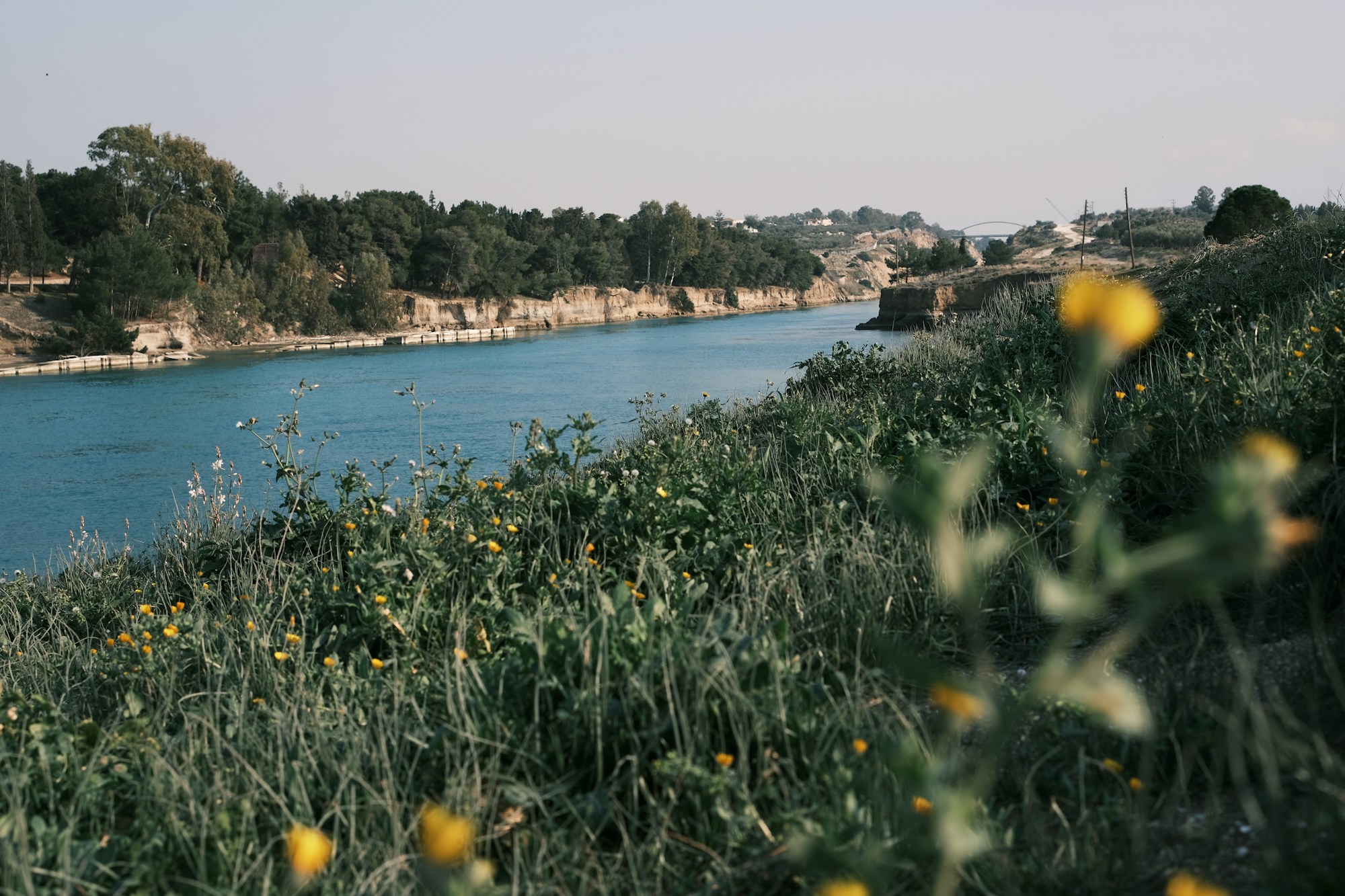Cultural Guide to Korinthos: History, Customs, and Festivals
Explore Korinthos: a guide to its rich history, unique customs, and vibrant festivals. Discover the heart of Greek culture.

History
Korinthos, also known as Corinth, is a city steeped in history, dating back thousands of years. Located in the northeastern part of the Peloponnese, Greece, it has been a pivotal cultural and commercial center from ancient times through the medieval period, and even today.
Ancient Korinthos
The city of Korinthos is believed to have been founded in the Neolithic period. Its strategic location at the narrow strip of land connecting the Peloponnese to mainland Greece made it a critical hub for trade and culture.
- Mycenaean Period: The area saw significant development during the Mycenaean era, with evidence of settlements dating back to the Bronze Age.
- Classical Period: In classical times, Korinthos was famed for its wealth, attributed to its two harbors, Lechaion and Kenchreai, which facilitated trade routes between the Aegean and the western Mediterranean.
- Hellenistic and Roman Periods: The city continued to thrive under Hellenistic and later Roman control, becoming the provincial capital of Achaia under Julius Caesar.
Medieval and Modern Korinthos
Korinthos faced numerous sieges and occupations during the medieval period, including attacks by the Goths, Visigoths, and Byzantines. It remained an important center, albeit diminished, during the Ottoman rule before becoming part of modern Greece in the 19th century.
Customs
Korinthian culture is a vibrant blend of ancient traditions and modern practices. The city's customs often revolve around its rich historical heritage and religious traditions.
Traditional Ceremonies
Many customs are closely tied to the Greek Orthodox Church. Significant ceremonies include:
- Orthodox Easter: The most important religious festival, marked by elaborate services, processions, and feasts.
- Weddings: Traditional Greek weddings are elaborate affairs with unique customs such as the Stefana (crowning) ritual.
- Baptisms: Baptisms are significant religious events celebrated with family gatherings and feasting.
Daily Life
Everyday life in Korinthos is characterized by a strong sense of community and hospitality, known as philoxenia. Greeks typically enjoy a Mediterranean diet rich in olive oil, fresh vegetables, fish, and wine. Social gatherings often take place in the city's numerous cafes and tavernas.
Festivals
Korinthos hosts a variety of festivals throughout the year, offering a glimpse into the local culture and traditions.
Annual Festivals
- Carnival (Apokries): Held before Lent, this vibrant festival features parades, music, dance, and elaborate costumes. It is a time of revelry and celebration.
- International Folklore Festival: This event celebrates the rich cultural heritage of Korinthos with performances from folk artists and dancers from around the world.
- Ancient Corinth Festival: This summer festival offers a blend of theatrical performances, musical concerts, and historical reenactments in the ancient ruins of Korinthos.
Local Anecdotes
Korinthos is rich in local legends and anecdotes. One popular story recounts the ancient myth of Sisyphus, the founder of Korinthos, who was condemned to eternally roll a boulder up a hill only for it to roll back down each time he reached the top. This myth is often cited as a metaphor for human perseverance and determination.
Interesting Facts
- Isthmian Games: Korinthos was famous in antiquity for hosting the Isthmian Games, one of the major Panhellenic festivals that included athletic and musical competitions.
- Acrocorinth: The city's acropolis, Acrocorinth, offers stunning views and is one of the most important castles in Greece.
- Diolkos: An ancient paved trackway, Diolkos, was used to transport ships overland across the Isthmus of Corinth, showcasing the city's innovative spirit.
- Modern Canal: The Corinth Canal, completed in 1893, cuts through the narrow Isthmus of Corinth and separates the Peloponnese from mainland Greece, serving as a vital navigational route.
